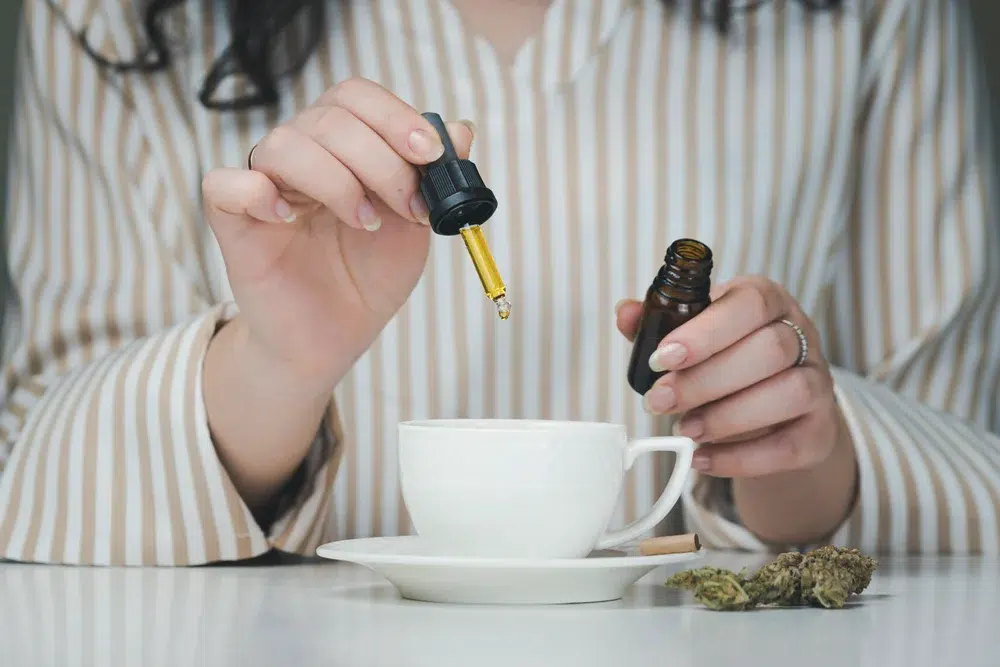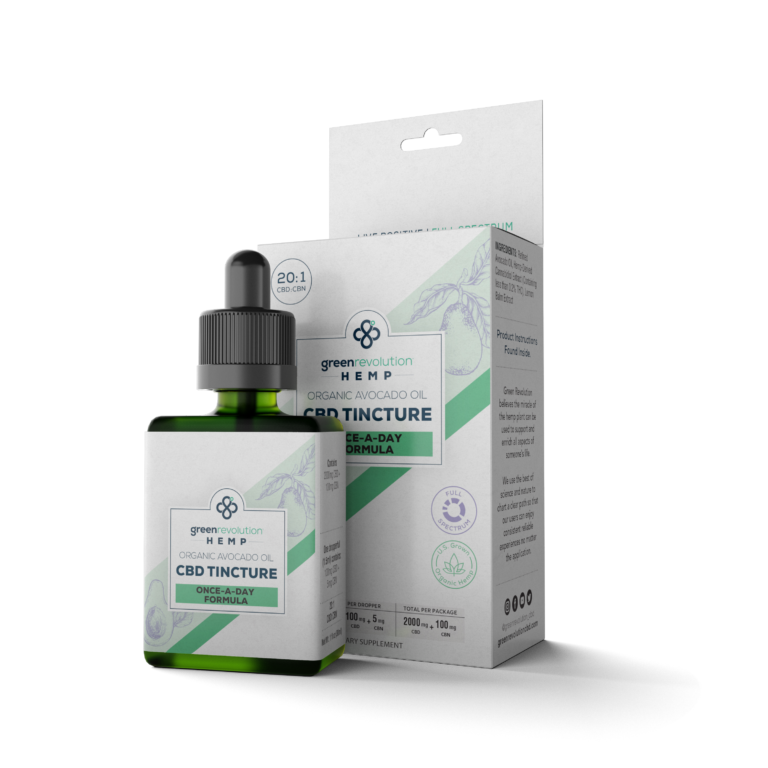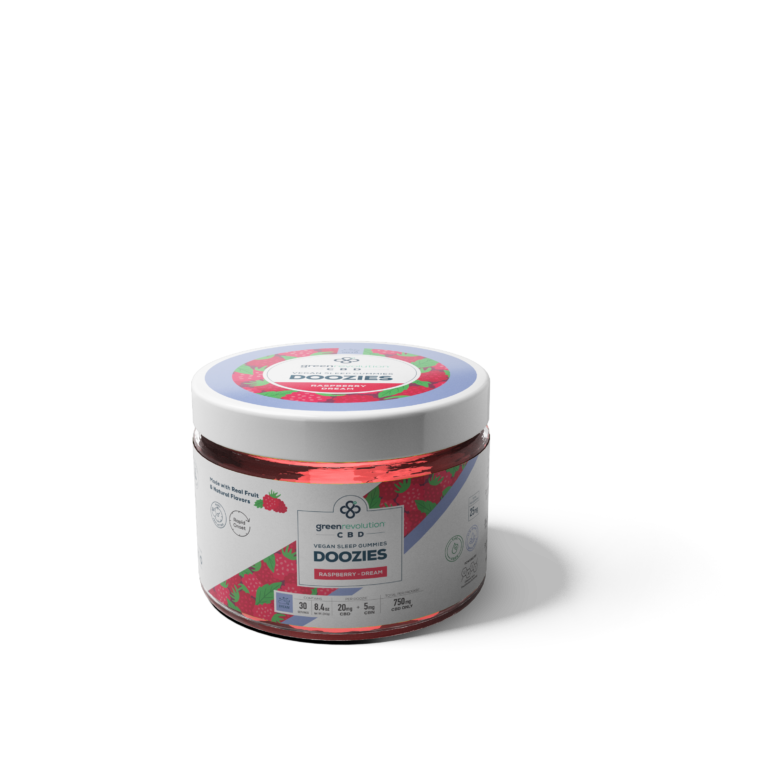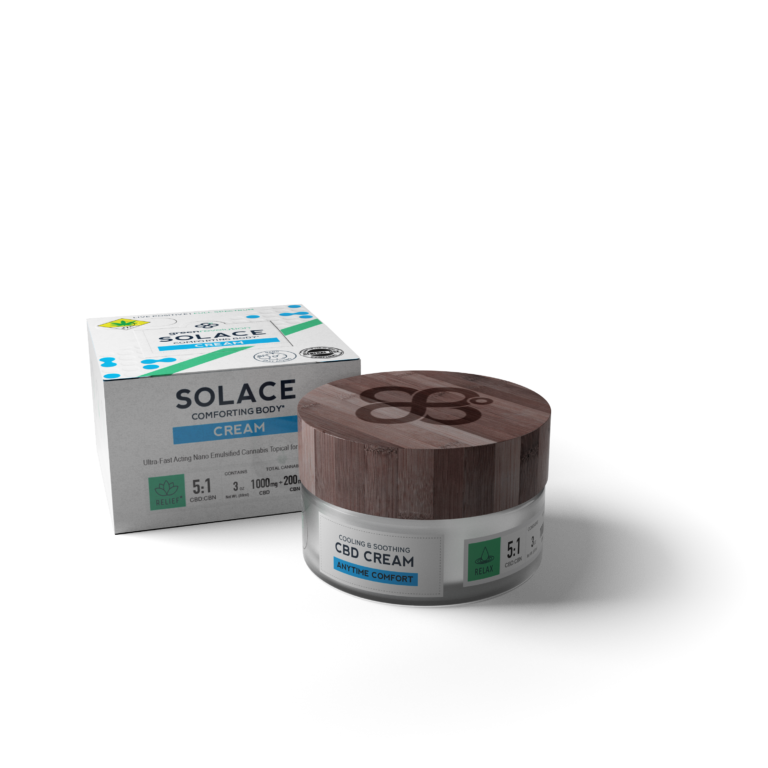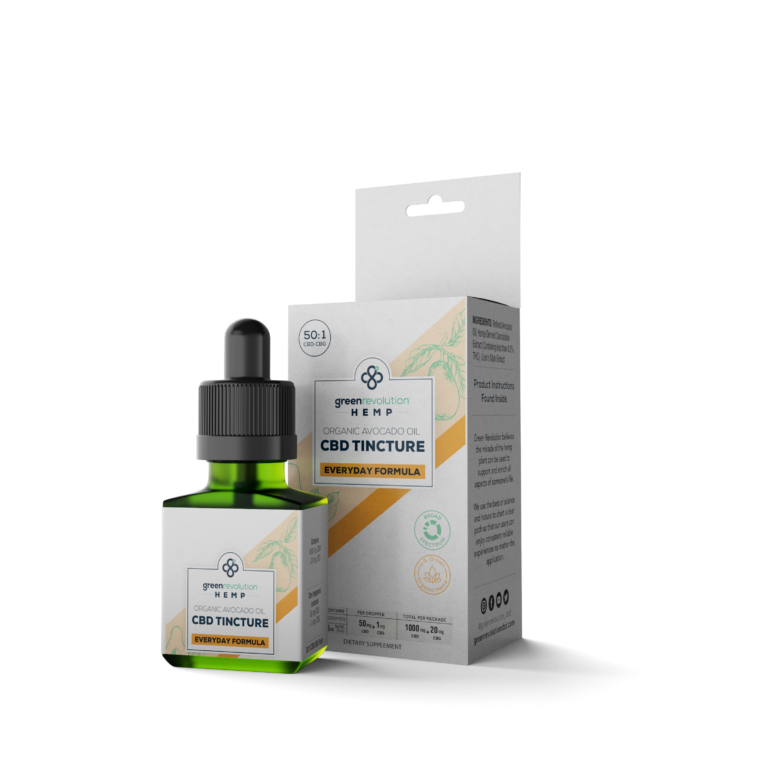CBD During Pregnancy: Weighing the Pros and Cons
CBD During Pregnancy: Weighing the Pros and Cons

This article will address the use of CBD during pregnancy, with an in-depth exploration of the potential benefits and risks of using CBD during pregnancy so that you can make informed decisions.
CBD and pregnancy
Over the last several years, there has been a growing interest in CBD, with many people asking, “Is CBD okay to use during pregnancy?” and others worrying about potential risks. This article will help address the potential benefits and risks of CBD.
Upsides of CBD in Pregnancy
There are several reasons why people consider CBD use during pregnancy, simply because it offers so many benefits.
Managing morning sickness
One of the main reasons people ask, “Is CBD safe during pregnancy?” is to manage morning sickness. For several decades, the use of medicinal marijuana was legal prior to recreational use because of its ability to manage things like nausea and vomiting, particularly in cancer patients.
Cannabinoids have been shown to suppress vomiting and control symptoms of nausea which can help reduce morning sickness throughout the day.
Reducing anxiety and stress
Several other studies have confirmed that CBD can reportedly diminish anxiety and stress levels. It does this by enhancing the endocannabinoid system’s ability to control stress, bringing the HPA axis, responsible for your fight or flight instincts, back to regular resting rates.
For expecting mothers, using CBD as a tincture or oil can help reduce stress and anxiety experienced during pregnancy.
Improving sleep
High levels of anxiety and stress have a correlation to poor sleep quality. Research has found that adults struggling with anxiety and poor sleep saw an improvement within the first month of regular CBD use.
Other literature reviews pertaining to insomnia and cannabis corroborated this information, finding that CBD could improve REM sleep and reduce daytime sleepiness while also helping those with chronic pain get better sleep and reduce nightmares for people with PTSD.
CBD use during pregnancy, especially in the form of a tincture by the bedside, could help improve REM sleep, reduce chronic pain for expecting mothers, and improve the quality of sleep overall.
Reducing inflammation
Several studies have examined the impact of CBD on inflammation and found that CBD can reduce inflammation throughout the body, which is particularly helpful for expecting mothers. CBD during pregnancy can reduce inflammation around the joints like the ankles, reducing pain, increasing mobility, and improving quality of life.
Downsides of CBD in Pregnancy
There are some potential downsides to using CBD while pregnant, especially if you are already on other medications.
- Medical complications
Anyone considering CBD products, pregnant or not, has to consider any possible complications from other medications. If you are using any prescription medications, how the CBD products you are considering might impact the effectiveness of that medication.
- Impact on fetal development
Several studies with pregnant rodents have found that the use of CBD during pregnancy impacts the mood and cognition of offspring once they are born.
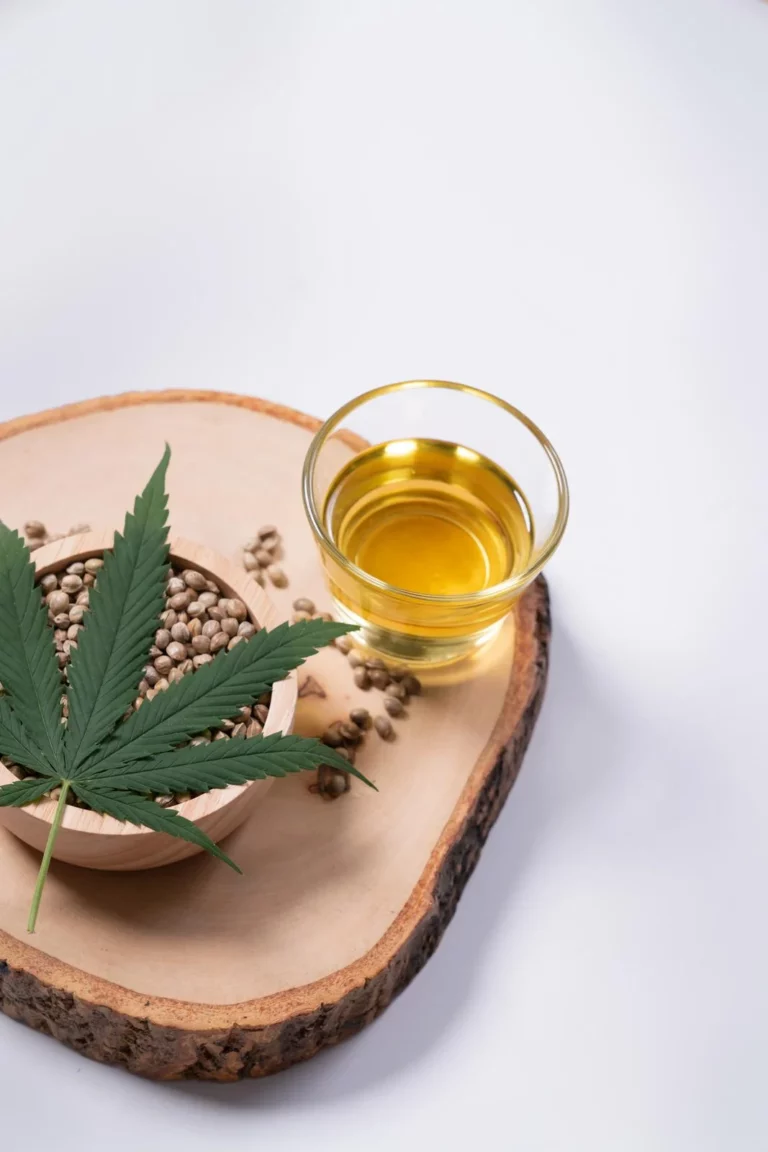
- Limited research
One of the most significant downsides to CBD during pregnancy is limited research. Because we don’t have comprehensive research on the effect of CBD, it’s impossible to know the potential long-term effects. What research we do have has not yet reached the level of human trials, so findings may not be comprehensive.
However, this is a downside associated with the use of all CBD products. If you are someone who is already using CBD products, this is likely a risk that you have accepted.
Safety considerations for CBD use during pregnancy
Is CBD safe during pregnancy? This depends entirely on who you ask.
The FDA strongly advises against any form of marijuana use while pregnant or breastfeeding, including CBD or THC products. However, this is something that you have to juxtapose against the fact that this warning comes from the fact that the FDA has not approved certain CBD products, and there are limited studies about potential long-term effects.
Contraindications
It is still essential to be aware of any contraindications you might experience if you use CBD in pregnancy. This can be better understood by speaking with your primary care physician or your OBGYN about other medications you are on and how they might interact with the CBD products you are considering.
Fetus health
There are also other concerns regarding the health of the fetus and the use of CBD and pregnancy. Are concept of the placental barrier, and certain substances might be able to move through that barrier and reach the fetus. There are limited studies on CBD crossing through the placental barrier and uncertainties about any potential implications therein.
Unregulated products
A big reason for the advisory warnings from the FDA also ties to the fact that products are not regulated by a more significant industry or oversight committee. This lack of regulation means there can be substantial differences in terms of the quality, quantity, and effectiveness of different CBD products.
What you can do if considering CBD use during pregnancy
It’s up to you to make sure you work with reputable companies who have transparency about the quality and quantity of the ingredients in their products. Good reviews and quality control, especially third-party certifications, are indicative of a reliable company that you can trust.
It is always recommended that you carefully consider whether CBD is appropriate for you and your circumstances. During these consultations, you can review what issues you might be experiencing during pregnancy and whether CBD could be helpful.

Summing Up
It’s always important to prioritize safety during pregnancy above all. To that end, there are several benefits to using CBD during pregnancy, especially when it comes to handling morning sickness, and sleep quality. However, as is the case with all CBD products, regardless of when they are used, there is limited research available about potential risks.
By consulting with your healthcare provider as well as your OB/GYN and undergoing careful consideration, you can determine whether it’s a good fit for you and your situation.

